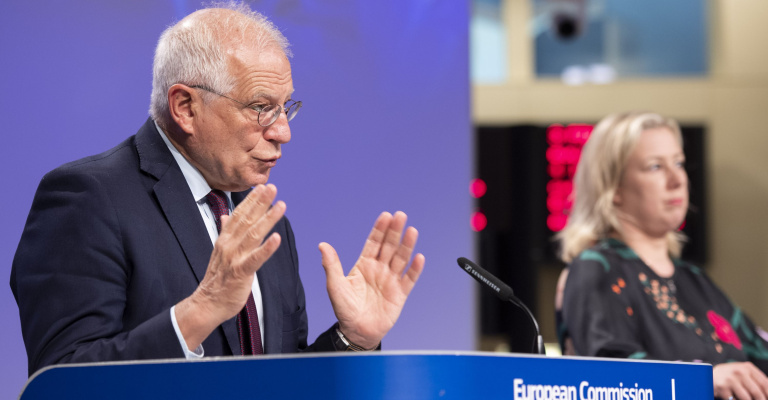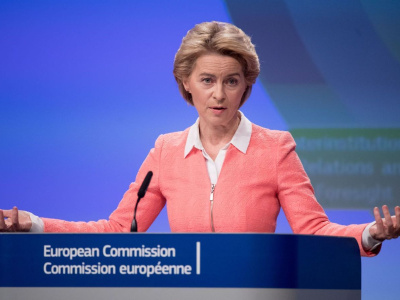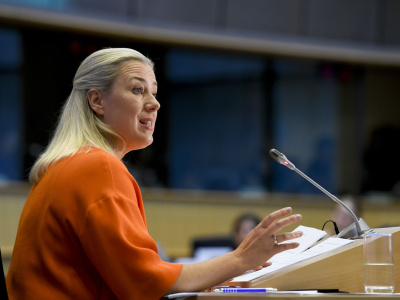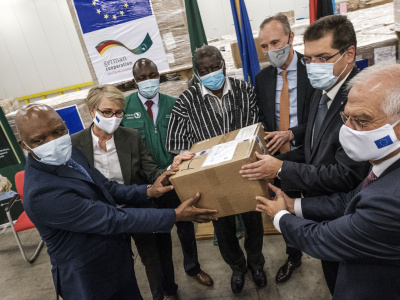
Leading together: Reconciling EU strategic autonomy and international partnerships
To provide real leadership on important global issues – from multilateral action to climate change – the EU will need to reconcile a certain unilateralism in its global ambitions with its commitment to deepening partnerships, including those with its neighbourhood and Africa.
Summary
This paper argues that to provide real leadership on important global issues – from multilateral action to climate change – the European Union (EU) will need to reconcile a certain unilateralism in its global ambitions with its commitment to deepening partnerships. It argues that the EU’s growing focus on improving its self-sufficiency must be accompanied by a flexible and collaborative approach to foreign and development policy, particularly vis-à-vis its neighbourhood and Africa.
Even before COVID-19, the Geopolitical Commission had begun to prioritise strengthening the EU’s ability to promote and defend the single market and its own interests in an increasingly unpredictable world. The crisis provoked by the virus strengthened competing narratives around the global order and reinforced geopolitical tensions, bolstering calls to reinforce the single market, increasingly referred to as ‘strategic autonomy’. EU leaders also strongly expressed their belief that the EU must lead by example, notably on a green digital and resilient post-COVID-19 economic recovery and in reforming multilateralism.
This paper examines what the pursuit of strategic autonomy might mean for the EU’s partners, including both potential negative externalities and underdeveloped opportunities. It explores how the EU hopes to lead by example, looks at how the EU has tried to do this in the past by exporting its regulatory models and argues that a more flexible approach may be necessary going forward, notably in the EU-Africa partnership. Finally, it examines how the EU hopes that the ‘Team Europe’ banner will allow the EU and its member states to show a united front in the planning and communication of EU international cooperation, but also draws attention to the need to continue to prioritise local ownership and impact.
Photo courtesy of Lukasz Kobus / European Union 2020, via EC – Audiovisual Service




